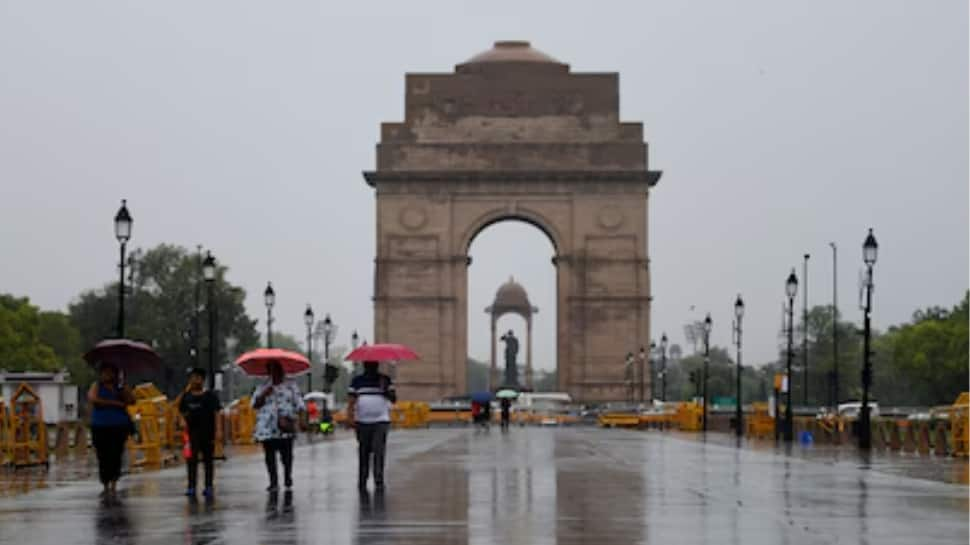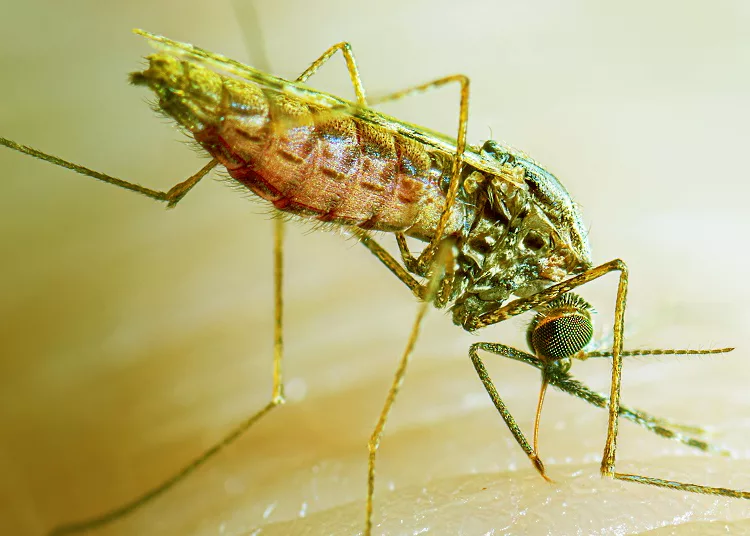A new perspective highlights how Brexit has fractured the UK’s food system, exposing vulnerabilities and ushering in new economic strategies that threaten food access, resilience, and public health. Perspective: The Impact of Brexit on UK Food Standards and Food Security: Perspectives on the Repositioning of Neoliberal Food Policy . Image Credit: Mhai Little Arts / Shutterstock Ensuring access to safe, affordable food is essential for national health and resilience, and is considered by many a fundamental human right.
However, the United Kingdom's (UK) exit from the European Union (EU), commonly referred to as Brexit, has had a significant impact on food standards and security in the UK, raising urgent questions about national resilience. A recent perspective published in the journal Foods examined how Brexit has reshaped the UK's neoliberal food policies, impacting trade, food safety, and access to nutritious foods. The UK’s food policies British pork paradox: UK pork exports to the EU now require costly veterinary checks post-Brexit, while EU pork enters Britain unchecked, creating a lopsided trade dynamic that disadvantages UK farmers.

Food security means that everyone must always have access to safe and nutritious food. Food safety and stability have long been concerns in the UK, shaped by past crises such as Salmonella outbreaks and the bovine spongiform encephalopathy (BSE) concern. These events led to the enactment of stricter laws and improved traceability of food products.
Over the years, additional pressures, including the 2008 financial crisis, the coronavirus disease 2019 (COVID-19) pandemic, and global conflicts, have further challenged the food system. Although the UK is perceived as having a safe and resilient food supply, rising food insecurity, increasing reliance on processed foods, and a growing dependence on food banks reveal a different side. Campaigns advocating for a legal 'right to food' have emerged in response.
Brexit, which saw the UK formally leave the EU in 2020, introduced additional uncertainty by departing from EU food standards, thereby compromising both affordability and food quality. The current study In this study, the researchers gathered and critically analyzed existing information to understand the impact of Brexit on the UK food system. They employed a structured narrative approach, drawing on secondary data from a diverse range of sources, including academic journals, government reports, parliamentary debates, economic studies, and media articles.
The "landscape gardener" shift: Farmers report feeling pressured to prioritize environmental conservation over food production, with one critic likening UK agricultural policy to turning farmers into "publicly paid landscape gardeners." A total of 112 sources from scientific and grey literature were used to build the study's arguments, while quantitative data supporting the analysis were sourced from recognized organizations in the UK, including the Department for Environment, Food & Rural Affairs, the Economist Impact, the Office for National Statistics, and the Food and Agriculture Organization Statistics. The study's theoretical framework examined neoliberalism as a distinct political construct from capitalism, an economic system.
Special attention was paid to concepts like food sovereignty, food justice, and the human rights dimension related to food access. The authors explored how Brexit influenced changes in UK food standards and food security, and how emerging neoliberal forms like neo-developmentalism (a modern economic strategy that combines free markets with government action to boost industrial growth) and eco-extractivism (where some areas undergo intensified food production to make other areas available for alternate land use), impacted these changes. Instead of conducting new experiments or surveys, the study synthesized existing data to determine how Brexit and other shocks affected food-related politico-economic relationships, why food price dominates the discussion over national food security, and what forms of neoliberalism are emerging post-Brexit.
This method enabled the researchers to obtain a comprehensive and nuanced understanding of the evolving food system in the UK, particularly in relation to the impact of changing policies, trade relations, and market structures following Brexit. Major findings Vitamin gap reality: The UK scores lower than EU averages on dietary diversity metrics, with 38% of adults being overweight, a nutritional insecurity crisis linked to rising imports of processed food. The results suggested that Brexit disrupted the UK's food security and standards by altering international trade relationships, changing public support for farmers, and reframing food policies under new neoliberal models.
It highlighted that while Brexit aimed to regain national control, it also exposed the food system to vulnerabilities, including reliance on imported foods with potentially lower safety standards. A detailed analysis revealed that the UK's food self-sufficiency remains low, particularly in the production of fresh fruits and vegetables. Post-Brexit trade agreements risk allowing cheaper, lower-quality foods into the UK, creating a "two-tier" food system where high-quality foods are exported while lower-standard products are sold domestically.
Farmers also face challenges, including reduced financial support (such as the delinking of direct payments in England), stricter environmental demands, uncertainty over changing tax rules and farming schemes, and significant labour shortages, particularly in sectors like horticulture. The shift from a focus on food production to broader land use goals, such as carbon capture and housing, was found to add further pressure on the agricultural sector. New forms of neoliberalism, including neo-developmentalism and eco-extractivism, are emerging, prioritizing economic growth that may potentially come at the expense of food sovereignty or security.
However, the researchers also noted facing some limitations, including difficulty isolating the effects of Brexit from those of COVID-19, the war in Ukraine, and global market shifts. Nonetheless, despite using extensive secondary data, the findings highlighted the complex, interwoven influences that are still unfolding, as well as the longer-term impacts of Brexit on food policies and security in the UK. Conclusions In summary, this study showed that Brexit has significantly reshaped the UK's food security landscape.
It realigned trade relationships, altered agricultural policies, and shifted food standards under evolving neoliberal frameworks. Although national economic goals are driving current changes, there is growing concern that food security and quality may suffer, potentially undermining the right of all citizens to access sufficient and nutritious food. These findings highlight the need for the UK's future economic and development policies to strike a balance between promoting economic growth and ensuring access to safe and nutritious food for all citizens.
Lingham, S., Kowalska, A., Kowalski, J.
, Maye, D., & Manning, L. (2025).
The Impact of Brexit on UK Food Standards and Food Security: Perspectives on the Repositioning of Neoliberal Food Policy. Foods , 14(9), 1474. DOI: 10.
3390/foods14091474, https://www.mdpi.com/2304-8158/14/9/1474.
Health

Perspective shows Brexit exposed vulnerabilities in the UK’s food system

A new perspective article in Foods analyzes how Brexit disrupted the UK's food standards, security, and agricultural policy. The authors argue that emerging neoliberal frameworks like neo-developmentalism and eco-extractivism are reshaping the UK’s food system and national resilience.















